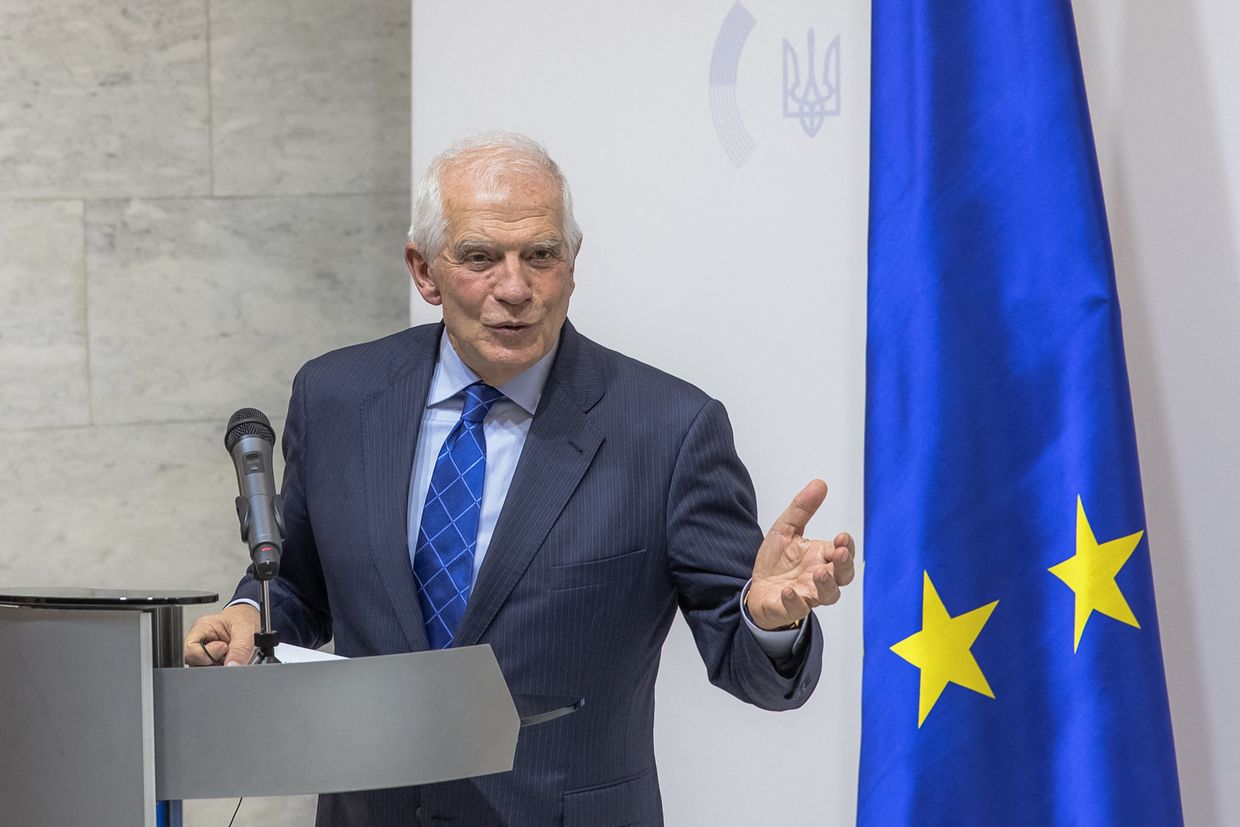Borrell criticizes Western allies for hesitating to provide military support for Ukraine, calls for allies 'to do more and quicker'

Speaking at a panel discussion on EU defense priorities at the Munich Security Conference on Feb. 18, the EU's chief diplomat Josep Borrell criticized Western allies' initial indecisiveness in providing military assistance to Ukraine, suggesting that the outcome of the war "would have been different" had allies acted more decisively.
"Every time we discussed about giving a new type of arms, someone was hesitating," Borrell said, referring to allies' reluctance at the start of Russia's invasion to provide weaponry like Leopard tanks and Patriot missile system, fearing further escalation.
"Had we have taken these decisions quicker, maybe the war would have been different."
Borrell's comments come nearly two years into Russia's full-scale invasion of Ukraine, amid ongoing uncertainty surrounding long-term military support from the United States.
U.S. congressional leaders continue to withhold a $66 billion aid package for Ukraine, a move criticized by Borrell and echoed by U.S. President Joe Biden on Feb. 18 who attributed Ukrainian forces' withdrawal from the embattled city of Avdiivka to congressional inaction.
Despite the criticism, Borrell also commended the unity exhibited by European allies in supporting Ukraine.
In Europe, after months of delay from Hungarian Prime Minister Viktor Orban, the EU agreed to 50 billion euro ($54 billion) support package for Ukraine.
"We mobilized a European peace facility for the first time in our history to provide arms for a country at war," Borrell said, adding that the EU has already provided Ukraine with 90 billion euros ($97 billion) in humanitarian and military support.
"My only call is to do more and quicker, but not to dismiss what we've already done," Borrell added.
Western allies have recently moved to sign bilateral security guarantees with Ukraine to bolster support against ongoing Russian aggression. Earlier this week, France and Germany signed bilateral treaties, falling in line with the United Kingdom's security cooperation agreement finalized in January.
Other European nations are also considering signing their own cooperation agreement, with the Netherlands and Norway expected to sign agreements in the coming months.












